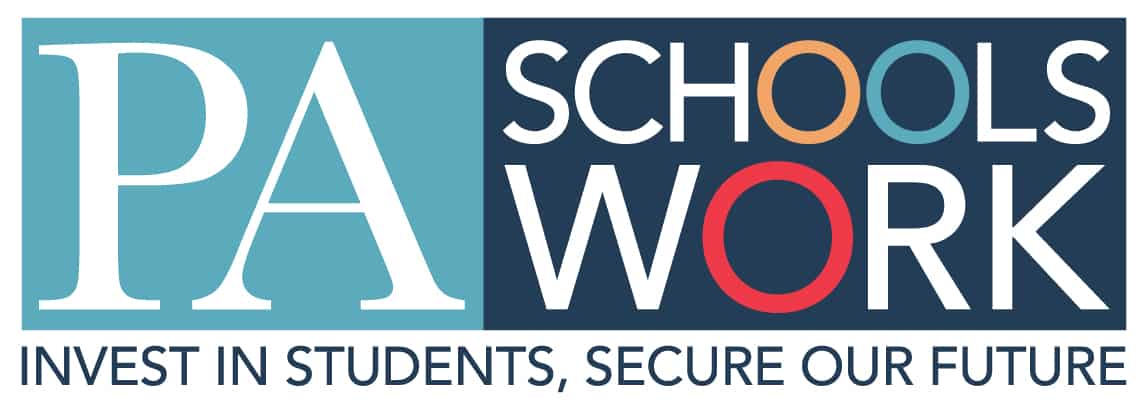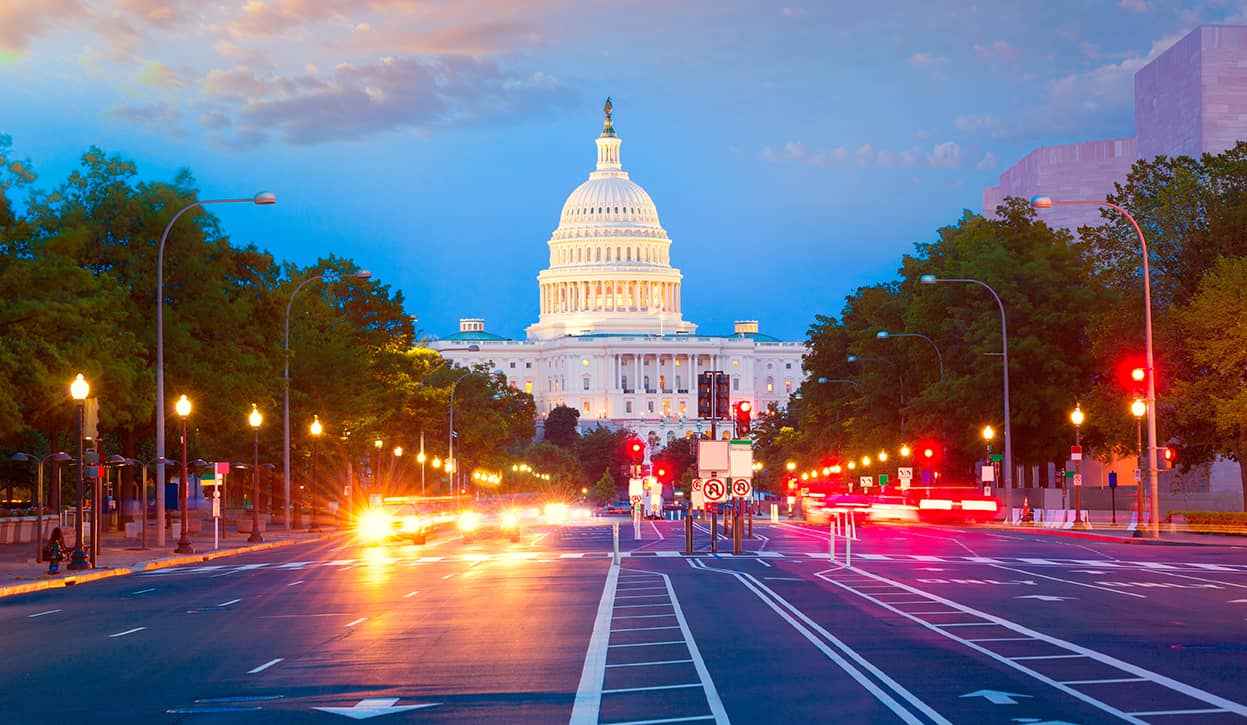Contact: John Neurohr
717-364-6452 / jneurohr@shelly-lyons.com
STATEMENT: PA Schools Work on 2021-22 Budget Agreement
State legislature passes up opportunity to shatter systemic inequities plaguing PA school districts
HARRISBURG (June 25 2021) — PA Schools Work, a non-partisan coalition of organizations representing the state’s urban, suburban and rural communities, issued the following statement regarding the 2021-22 PA spending plan:
“Every cent of funding is an essential investment for struggling school districts across the commonwealth still reeling from the impacts of educating PA students throughout the pandemic.
“In the current school year, state funding for basic education and special education was flat. School districts are being forced to cover state and federal mandated costs that will spike $1.15 billion over this school year and next according to estimates modeled by the Pennsylvania Association of School Business Officials (PASBO).
“At a time of historic investment from the federal government, it appears that PA lawmakers may sit on nearly a $2.3 billion state budget surplus and $5 billion in available federal funds instead of using them for essential needs like our public schools. Like pennies from heaven, budget negotiators had an almost magical opportunity to shatter the systemic inequities plaguing PA school districts – a rare opportunity to get ahead of rapidly increasing mandated costs, which could have caused a seismic shift in the future of Pennsylvania’s economy, stemmed rising local property taxes, and increased student success; yet they passed up that opportunity.
“The governor and legislature negotiated a state budget agreement that moderately boosts public school funding, including a $300 million increase in basic education funding, a $50 million increase in special education funding, and no increase in recurring Career and Technical Education. The budget includes a one-time $500 million allocation of federal COVID relief funds to schools, Intermediate Units, career and technical centers, and other programs for COVID-related relief.
“Lawmakers also reached agreement on a supplement that stays true to the Fair Funding Formula and targets funds allocated by the formula to 100 lowest wealth school districts in the state. This measure will accelerate the path to adequacy and equity for the 20% of districts that are most underfunded in Pennsylvania.
“Public education funding is important to Pennsylvanians. It impacts where they choose to live, and when they can live in a good school district it increases the likelihood their child will succeed in life. Legislators are genuinely in tune to the quality of the schools in their legislative districts, but a collective will to raise all districts and offer an excellent education to all students remains out of reach.
“This budget’s increased investment in public schools does not come close to backfilling the increase in mandated costs to school districts over the last two years, much less the needed investments to offset continued inadequacies in state funding. Despite claims to the contrary, Pennsylvania’s share in funding schools is still one of the lowest in the country and local taxpayers still shoulder the heavy and unjust burden of providing most of the funding for public schools.
“Recent census data showed that Pennsylvania dropped from 44th to 45th in the share of district revenue that comes from the state – 6th from the bottom. As far as the overall percentage of revenue coming from the state, Pennsylvania has dropped to 37.9%. Overall, the U.S. average is 47% of revenue coming from the state to local school districts. The unjust and indefensible funding gap between wealthy and poor schools is among the widest of all the states. A survey of school districts shows that 60% intend to raise local property taxes this year to cover costs – many did this week. Perpetually underfunding our public schools puts more pressure on local taxpayers and property owners to cover the costs that the state legislature continually refuses to take on.
“The reasons to invest more federal and state funds in Pennsylvania public schools are countless, and the excuses for not doing it are mystifying. In a year like this, when an abundance of resources was available to lawmakers to make significant progress towards this goal, it is difficult to imagine the justification behind the choice to walk away from this once-in-a-generation chance. PA Schools Work and our coalition of educators, administrators, school board members, advocates and parents will continue working to convince lawmakers to find a permanent solution to the state’s chronic school funding problem.”
###
PA Schools Work is a non-partisan coalition of organizations from across Pennsylvania representing teachers and other educators; urban, suburban and rural communities; and parents and community members working together to advocate for PA public schools, their students and the communities they serve. For more information on PA Schools Work, visit paschoolswork.org.

